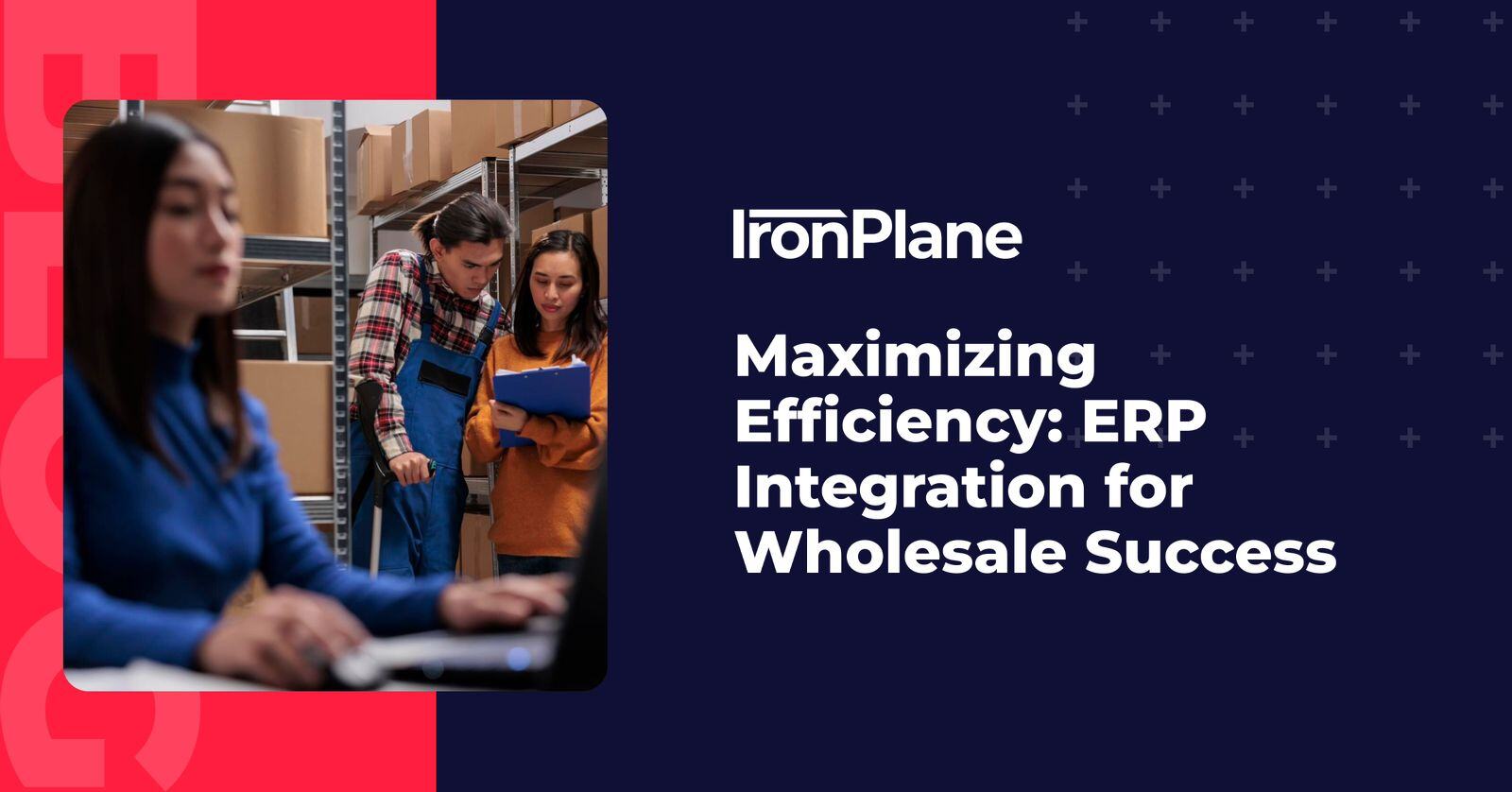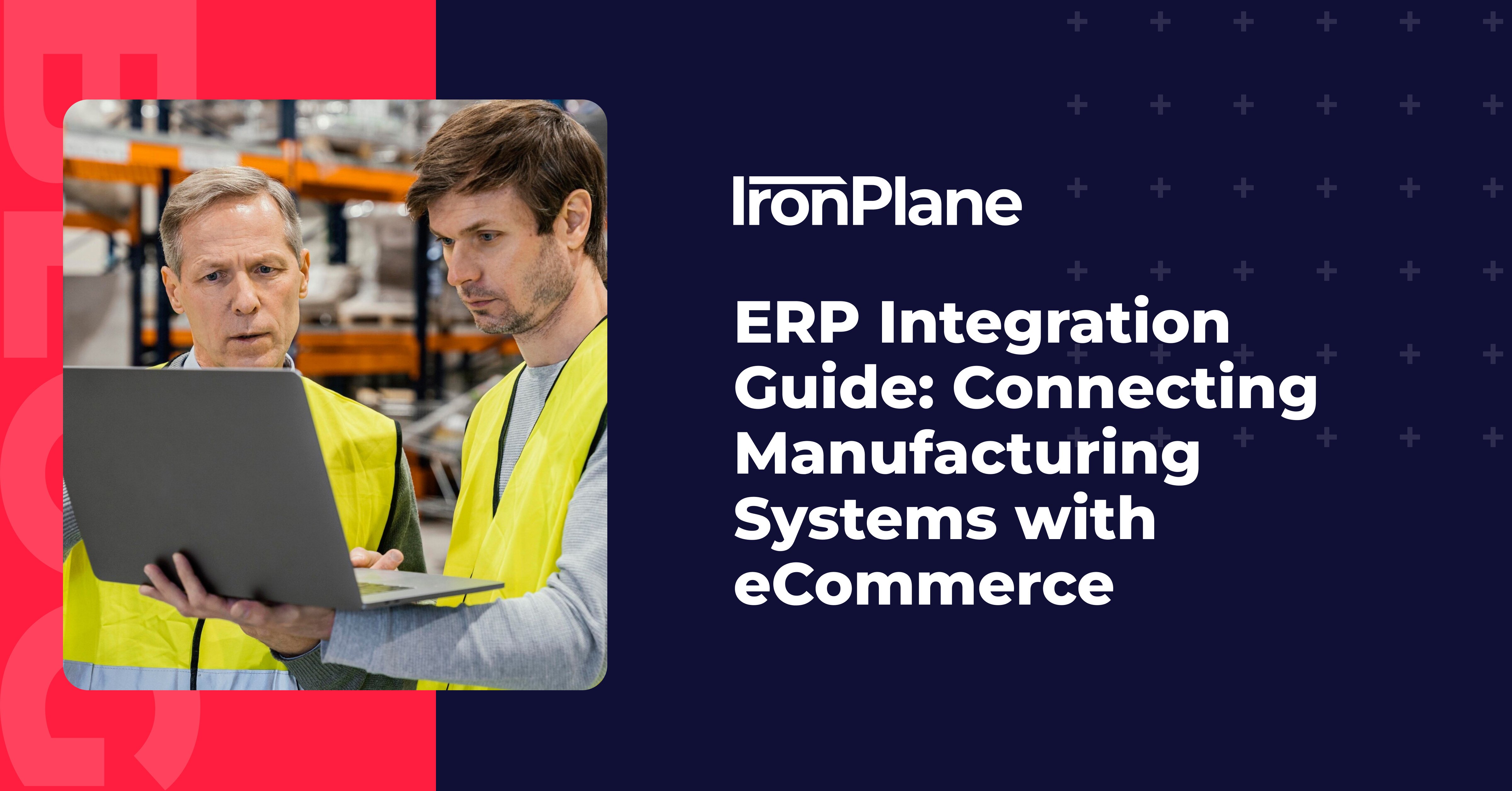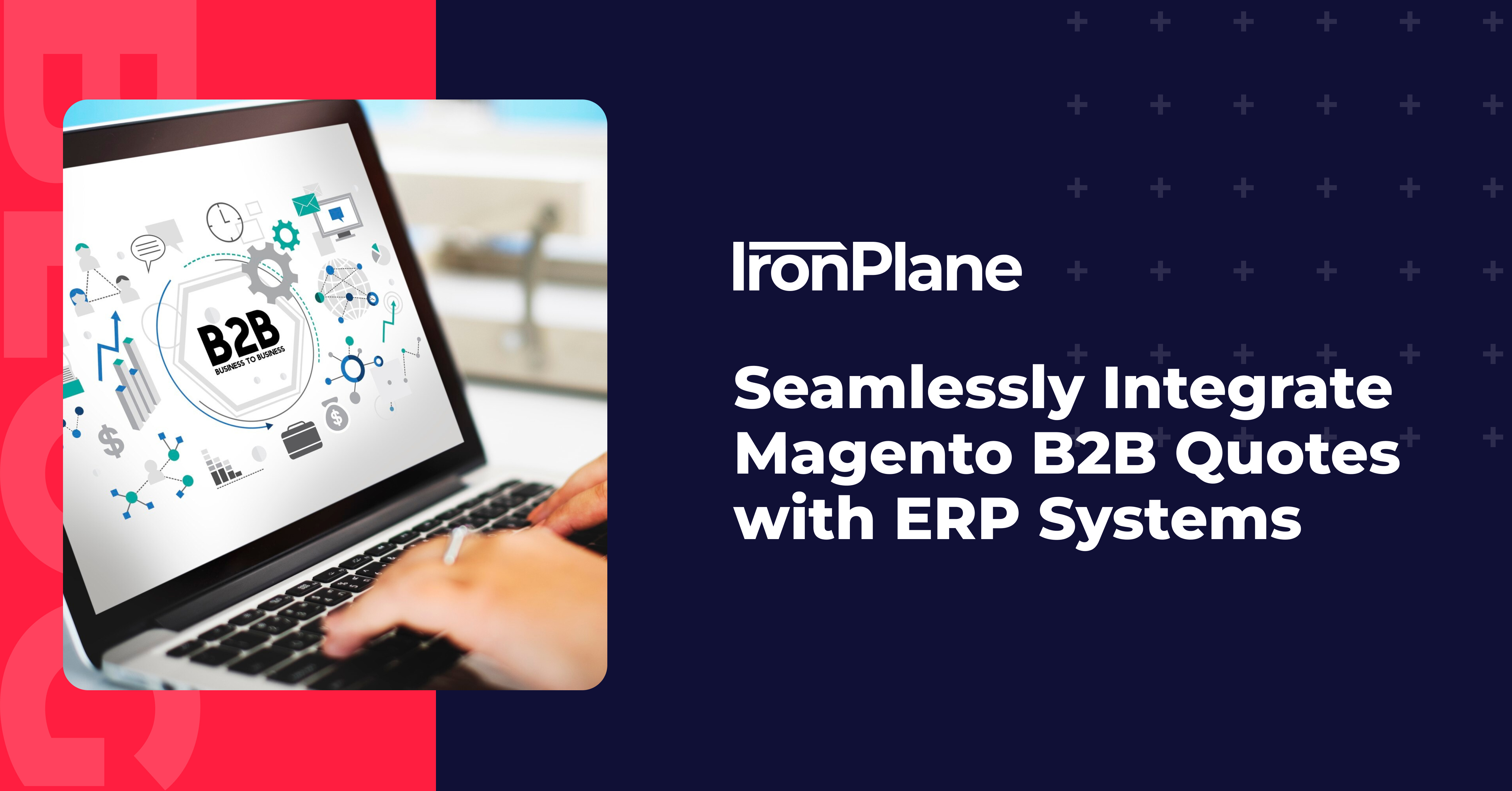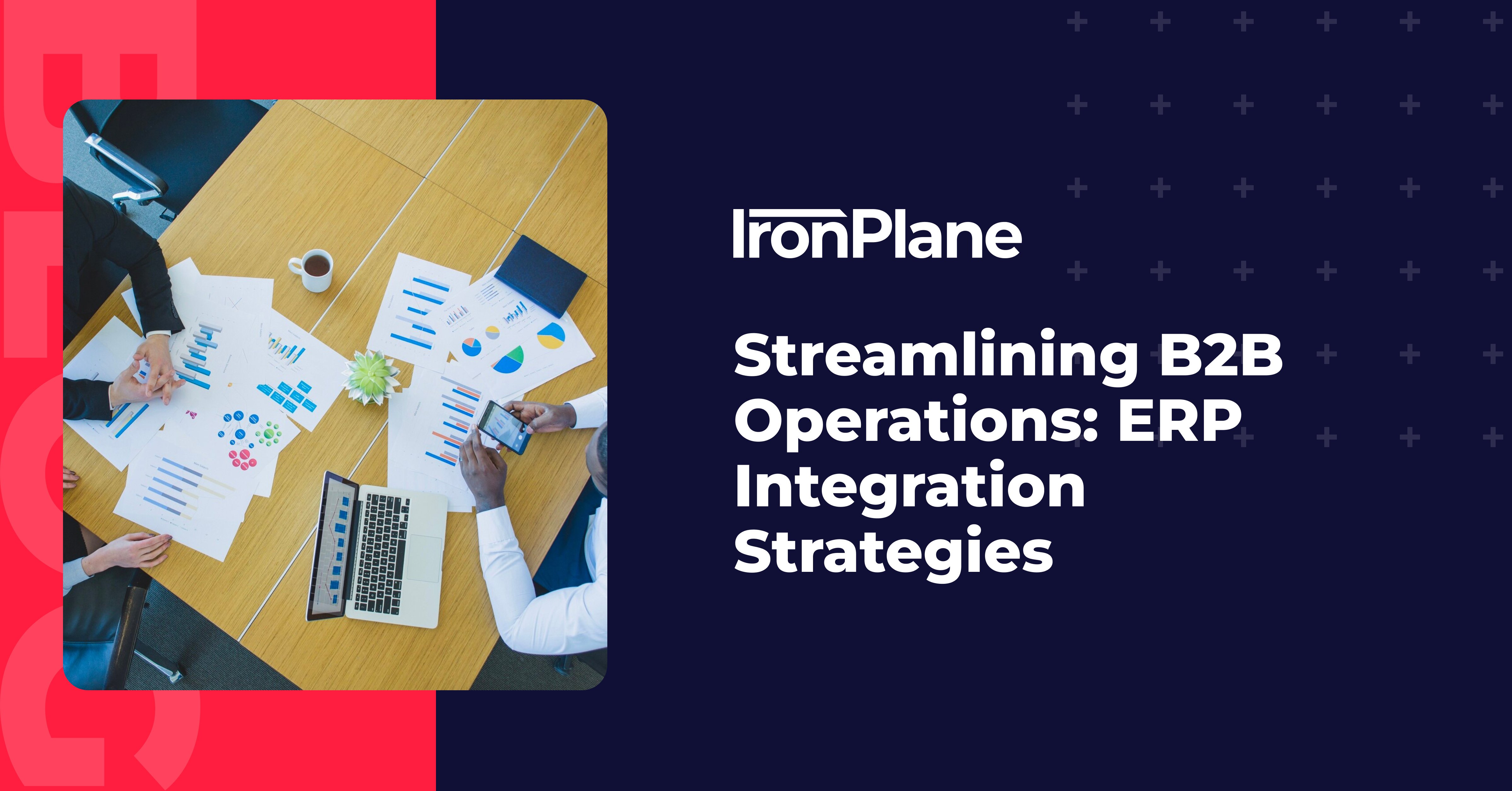ERP Integration Guide: Connecting Manufacturing Systems with eCommerce
Manufacturers need to connect their Enterprise Resource Planning (ERP) systems with eCommerce platforms to stay competitive and efficient. This integration can make operations smoother, improve efficiency, increase sales, and create a better experience for both the manufacturer and their customers.


 Jeff Zoldy
Jeff Zoldy






